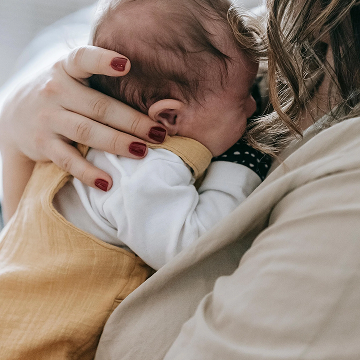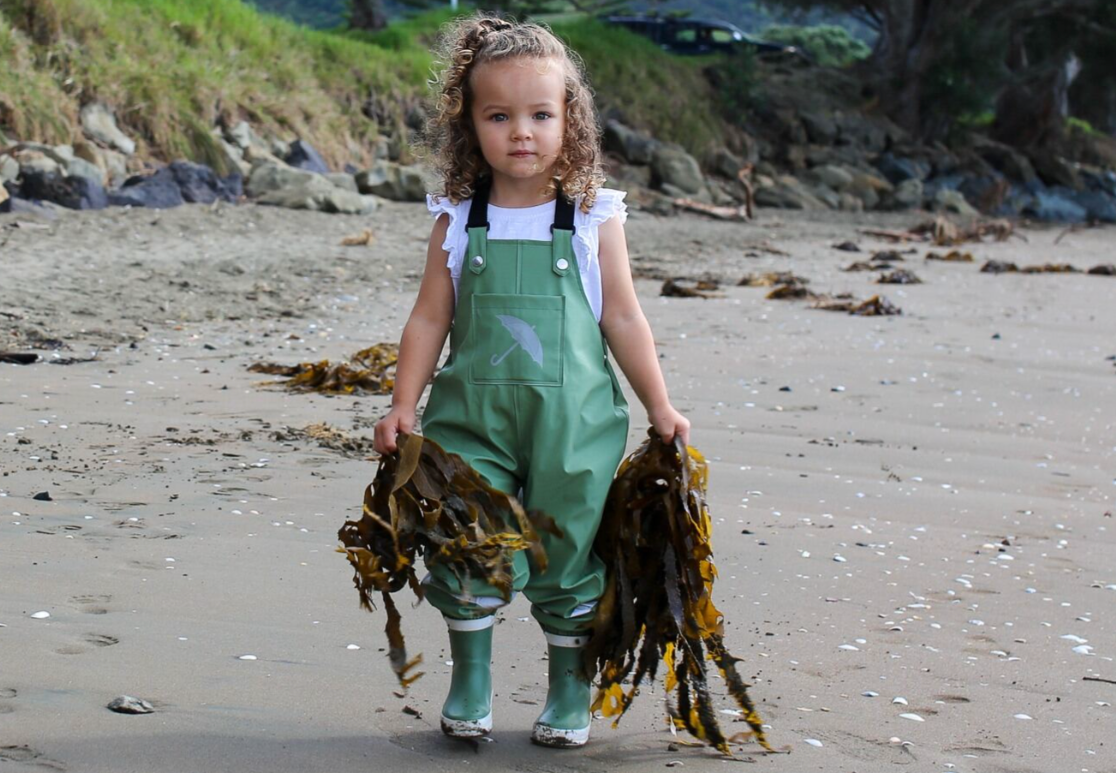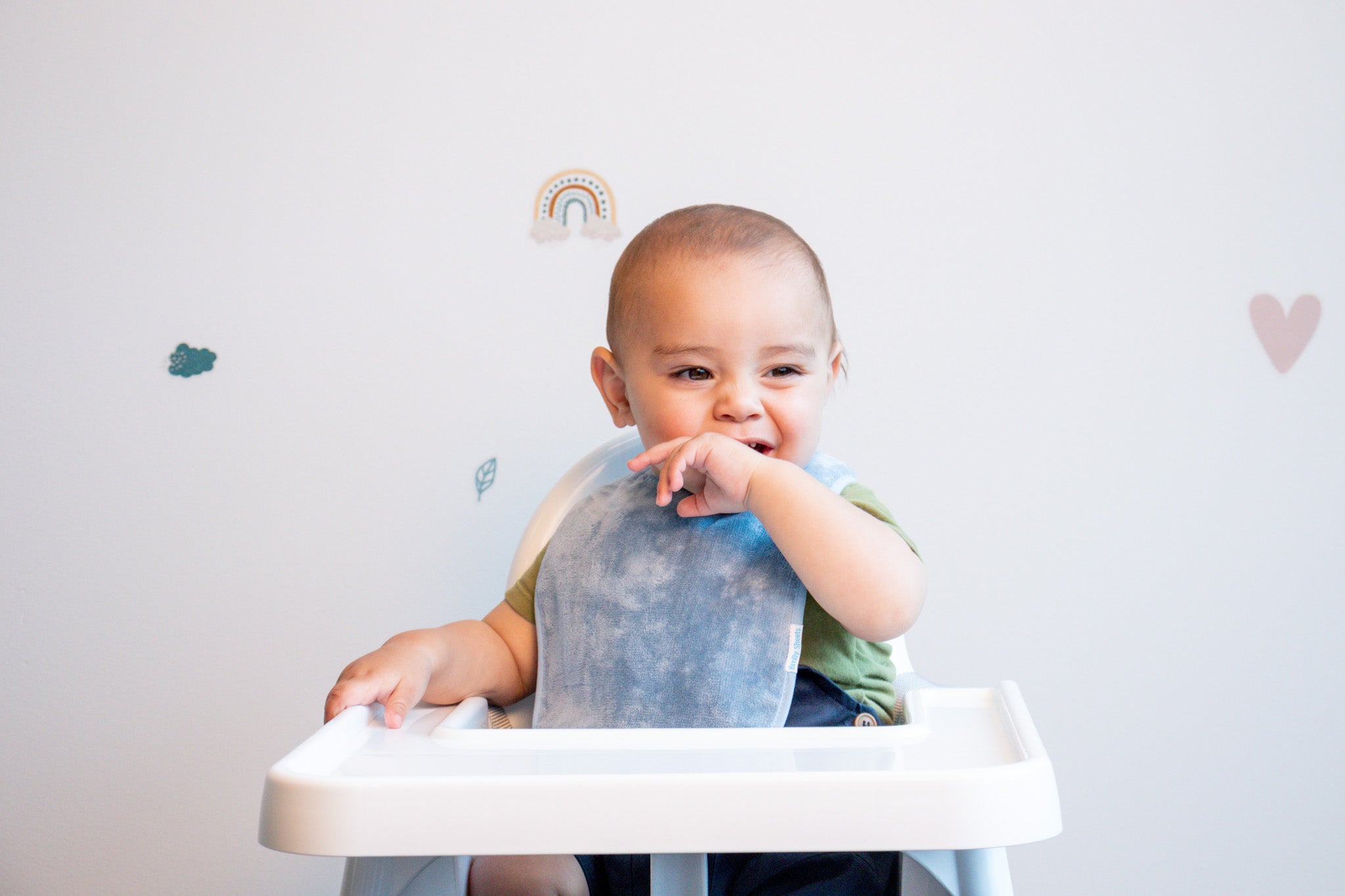
Teaching Our Kids That All Emotions are Normal and Four Good Places to Start
EMOTIONS - Big, small, overwhelming, joyful, scary and silly - They’re all normal and healthy!
There can be times in our own lives when we’re taught to bury our emotions, ignoring them in fear of them being a sign of weakness or a negative personality trait. The truth is our emotions and feelings can be one of our greatest teachers, they can provide us with important information to help protect us, guide us and better understand ourselves and others.

Our little ones can have big emotions they don’t always understand or know how to express or communicate. If we as adults can provide an opportunity to develop awareness, help identify their role, and develop the necessary vocabulary and emotional intelligence, we can then encourage healthy ways to express them, identify them and understand them.
This in turn can provide an important foundation for building healthy boundaries and awareness of when they’re feeling their best and lead to general overall wellbeing.
So where do we start?
NORMALISE
A good place to start is normalising all feelings, this helps to decrease the stress
associated with some emotions and helps our kids understand feelings are a normal part of being human.
IDENTIFY
Recognising and talking about our feelings with someone we trust can help create clarity and awareness, it can also help to develop empathy for ourselves and others.
ACCEPTANCE
Once we’ve accepted our emotions we can then think about healthy ways to manage them, gathering a necessary toolkit to draw from when emotions get especially overwhelming or difficult.
LEARN THROUGH PLAY
Discussing emotions doesn’t have to be confrontational, there are many ways we can encourage healthy conversation, through discussing characters in books or playing games designed to explore and educate.

AwesoME Inc has developed a wonderful tool to help normalise all emotions through play. The Emotional Warriors card set offers learning through playing - memory, snap or go fish. The set includes important prompts to promote discussion around each emotion, 18 emotions covered in total. There are also two bonus resilience tools included to help you get started on some healthy coping mechanisms.
When we support our children's curiosity and explore their emotions with them, we can help them to build a solid foundation for overall wellbeing.









